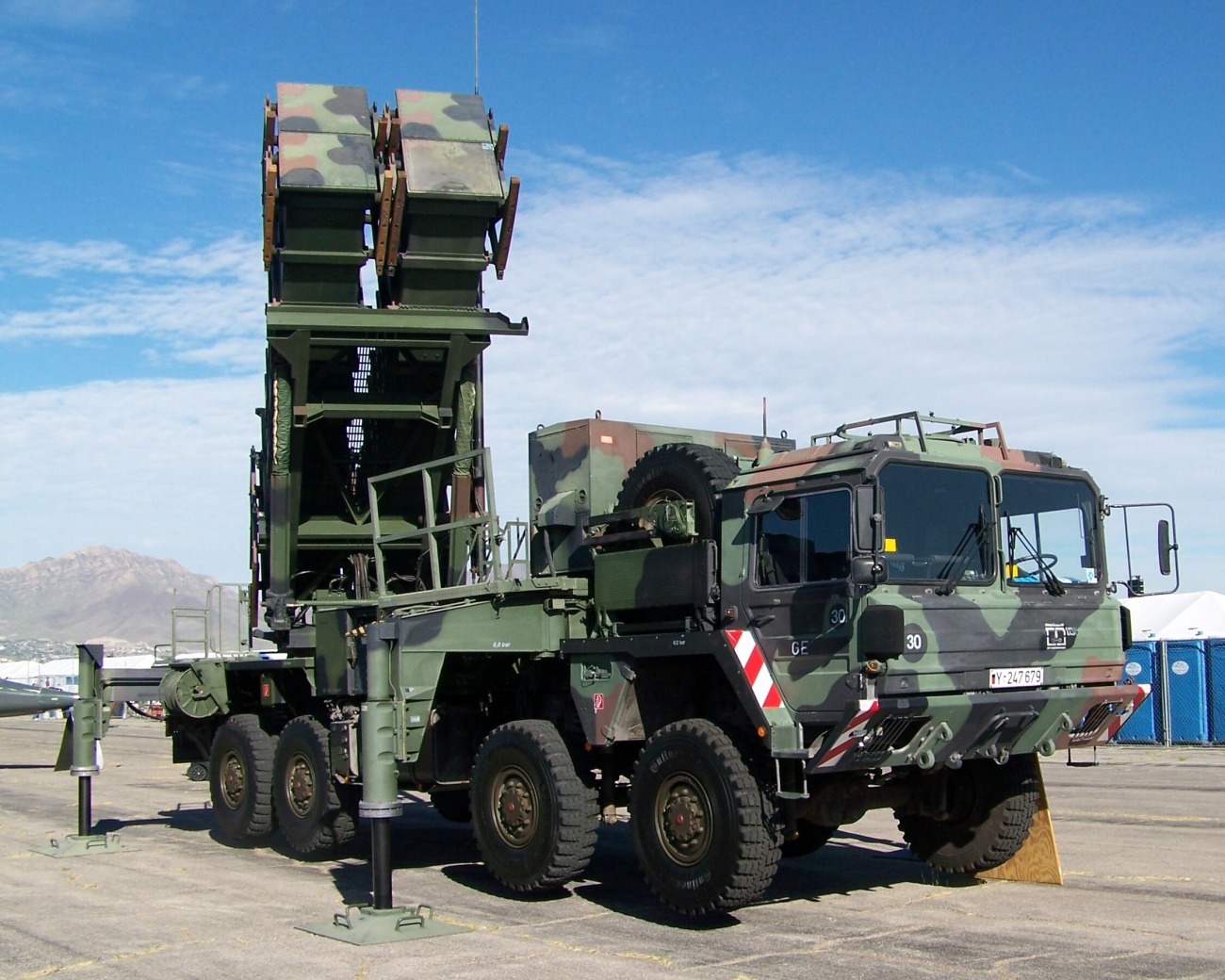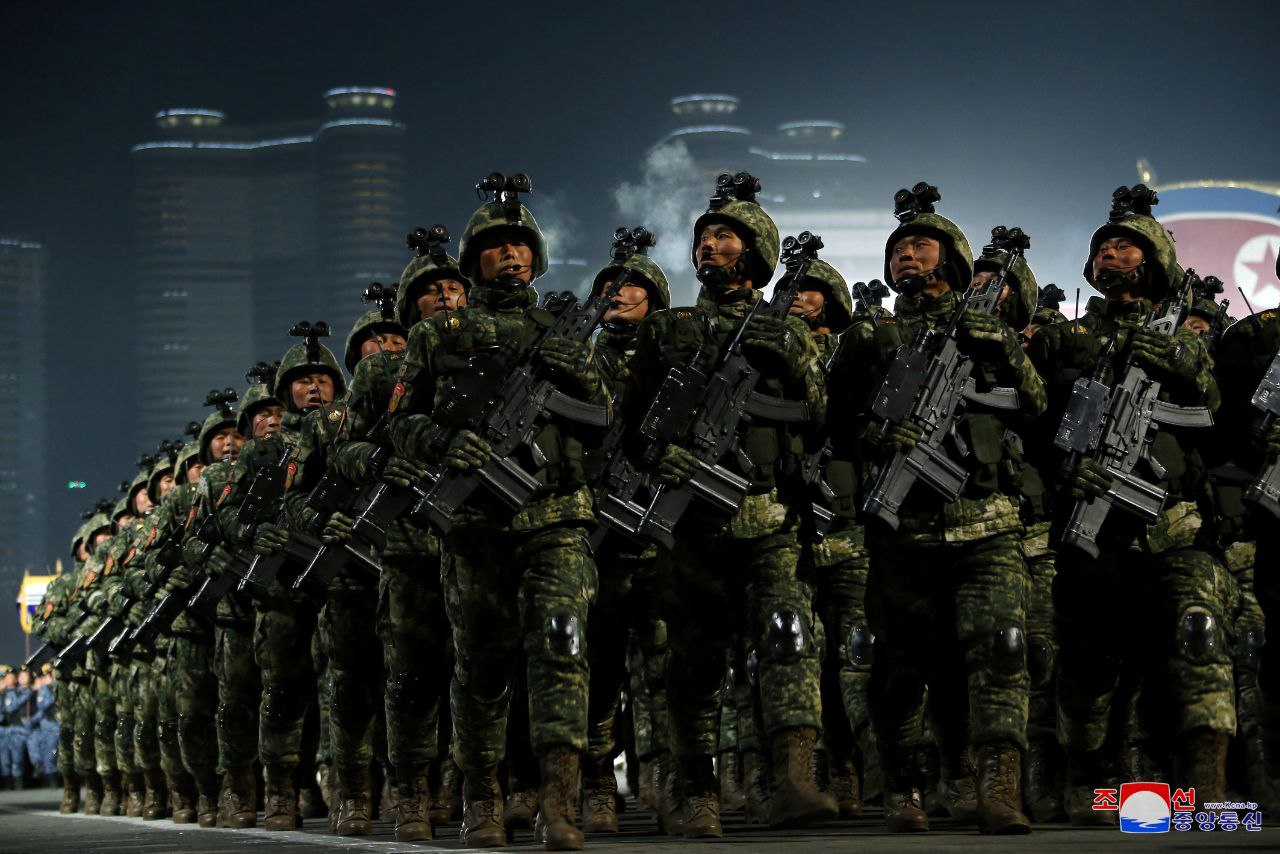Germany has been hesitant to trigger Russia by expanding support for Ukraine, and has announced the development of a follow -down missile defense system that protects the hubs of major Western troops in Polish from Russian missiles. In addition, we are considering proposals to dispatch the army to Ukraine.
Berlin has deployed two Patriot missile defense batteries and about 200 German employees to protect Ukrainian’s major western military aid hub, RZESZOW.
In the latest Communication, the German Ministry of Defense (MOD) stated that the system would guarantee anti -missile protection throughout the region for at least six months, which achieving complete operation capabilities on January 27.
Rzeszów is a large city in the southeastern part of Poland, near the border with Ukraine. After Russia began the invasion of Ukraine in February 2022, the city has emerged as an important logistics hub to move to western military supplies.
This was mainly because RZESZOW-JASIONKA was the closest airfield to Ukraine, and strangely, it had a runway that was enough to handle large cargo aircraft like the C-17. According to the Polish government, 90-95 % of the military hardware and weapons on the west of Ukraine are shipped through this hub.
But this has vulnerable to Russian attacks. Shortly after the war began, Polish authorities were forced to strengthen the safety of the airport in the threat of a potential Russian missile attack. Polish fighters were deployed to carry out 24 -hour patrols around the region. These tensions were only partially relieved when the United States developed a patriot’s battery to protect important military hubs.
Last month, Norway decided to sell and announced that it would expand the NASAMS air defense system to Rzeszów with 100 staff. This decision was made in the growing security risk in the framework of NATO cooperation.
Last year, Germany proposed Patriot’s deployment to Riziff. Boris Pistrius, Defense Minister of Defense, stated: In this way, we ensure the supply of vehicles, weapons, and ammunition that Ukraine is urgently needed to protect urgently from the brutal Russian attacks that violate international law. “
Patriot is a mobile -based missile defensive interceptor that can identify, track and intercept unmanned aircraft, unmanned aircraft, and unmanned aircraft, a cruise missile, short -distance or tactical ballistic missiles, fighters, and unmanned aircraft. The Patriot system has four major components: interceptor missile, launcher, engagement control center, and radar set. To protect airplanes, missiles, or rockets, you can fire dozens of missiles in a single engagement.
Patriot batteries have been particularly working on protecting the Ukrainian army around Kiev and private infrastructure.

The excellent technology of the patriot and the track record of intercepting and neutralizing various aerial threats is a preferred choice to ensure a robust air defense ability in Poland. It is reported that the system gained a wide range of popularity in Ukraine, where Russian hyper sonic missiles were downloaded, destroying Russia’s claims for its invincibility.
Furthermore, the Patriot system, according to reports, has been consistently performed by inadvertently intercepting a wide range of Russian weapons, including aircraft such as SU-34 fighters at a distance of nearly 100 miles. We are demonstrating.
Germany has sent four Patriot Landia and several patriot missiles to Ukraine to strengthen defense.
In particular, the expansion of German military assistance to Ukraine and the development of patriotism in Poland indicate a severe departure since the early days of the invasion, which was restrained by Berlin’s fear of inducing Russia.
Germany has paid a large -scale effort to improve Ukraine’s air defense abilities as one of the largest military supporters. The national military aid package has demonstrated the most advanced IRIS-T-defensive system that helps protect Ukraine cities from missile attacks, patriot missile systems that provide important long-range air defense systems, and the effectiveness of air threats. Geppard’s anti -air tank is included.
In addition, Berlin has also considered a proposition to dispatch the army to Ukraine, which was unthinkable a few months ago.
Ukraine German army?
Last year, the inflow of thousands of Russia’s North Korean soldiers caused the NATO Alliance talks, and the allies were thinking about whether to dispatch the army to fight the Russian army and their MERC soldiers.

Last month, German Foreign Minister Analena Bearbok said that it would not eliminate the possibility of expanding the Bandeswell for Ukraine as part of the future ceasefire agreement. BaerboCK said, “The German side will support everything that will help peace in the future,” he said, “with all its power.”
However, this outlook was immediately rejected by Prime Minister Oraf Cholz. He emphasized that his government did not make a more wider conflict between the Russia and the NATO Alliance. “In the current situation, it is not a problem to send troops and German soldiers to Ukraine,” said Solz at the time. “I’ve always clarified it. It’s the case.”
However, the debate reigned again, and Pistolius Defense Minister Pistolius would not have to send the German army to Ukraine to help secure an unwarming area there in this month. I told the ZEITUNG newspaper. When asked if he could send the German army to secure a buffer zone between Russia and Ukraine, Pistolius replied. “We are the biggest NATO partner in Europe. It will definitely play a role.”
There is no final decision on this. U.S. President Donald Trump promises the end of the war and has offered to Russia’s President Vladimir Putin, but there is no sign that the war, which will soon reach the three -year mark, will soon end.
It is appropriate to note that Germany is unlikely to put Ukraine boots on the ground unless the war ends.
Despite becoming the second largest military assistant in Ukraine, Berlin has refrained from having a position that could lead to a direct military conflict with Russia. For example, the German Prime Minister refused to approve long -distance taisher missiles to Kiev, despite repeated complaints by suffering countries.


